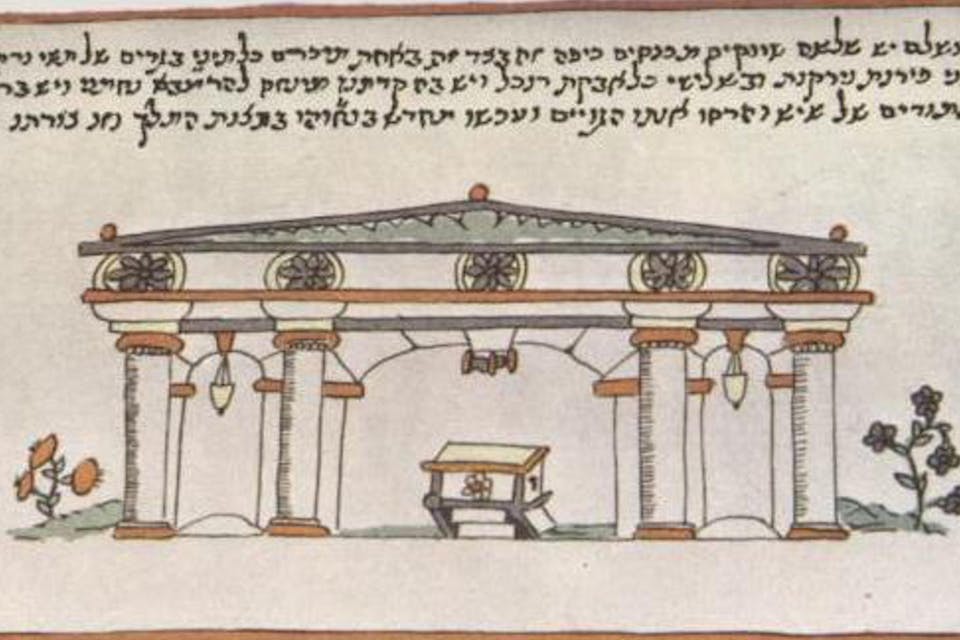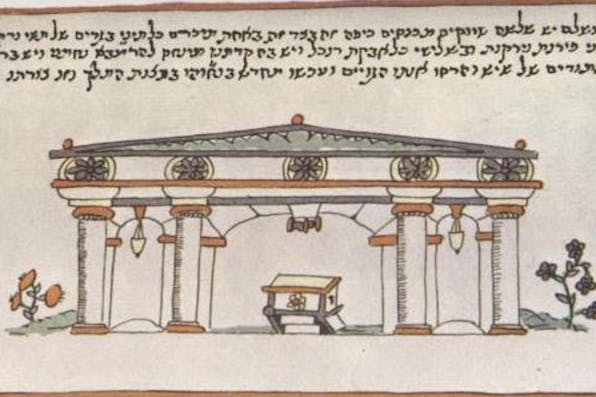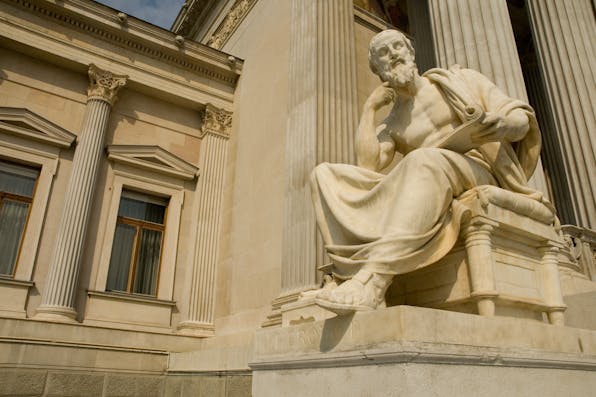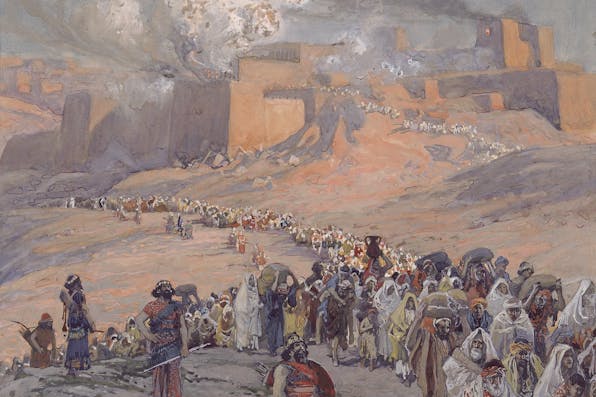
August 13, 2018
The Contrast Between the Bible’s Idea of History and the Modern Idea
In the Bible there is no solid differentiation but rather fluidity among what we moderns call past, present, and future.
Eric Mechoulan’s essay, “What Is the Meaning of Jewish History?,” is a wide-ranging, learned, and challenging exploration of the modes and purposes of historiography, or the writing of history, especially Jewish history.
As for the Bible, to which Mechoulan turns early in his article, some of its historiography, especially in the book of Kings, falls into the annalistic mode, recording who ruled when and for how long. But most of the recording and invocation of the past in the Bible falls into the category of “memory” rather than history, if I may recur to an important distinction that Yosef Hayim Yerushalmi (among others) made and that Mechoulan develops.
Most biblical appeals to the past have a very practical goal: to secure the listeners’ or readers’ acknowledgment that the God of Israel is their generous sovereign and the ultimate source of all they have. As in the profession that a farmer makes upon presenting his first fruits (Deuteronomy 26:5–10), which Mechoulan cites, the past is not simply something recorded; it is also, and more importantly, something to be internalized. The person making the profession places himself and his bounty into the story of the people Israel. The recitation gives meaning to the ritual, a meaning derived from the foundational story of the nation, and, ideally, cultivates a sense of gratitude and obligation in the person making the presentation.


